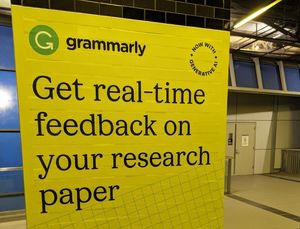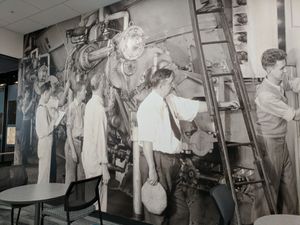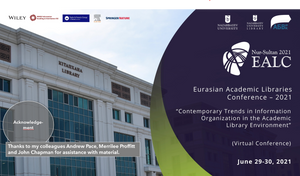In a meeting the other day, I was struck by the number of systems environments where a library might now put access to catalog data. And I am focusing on what we still call catalog data, while acknowledging that this provides access to a part only of the library collection.
Institutional
The ‘classic’ catalog: provides access to that part of the collection which goes through a cataloging workflow and is usually managed within the ILS.
The so called Next Generation catalog: provides access to the catalog data but makes better use of the data to provide a richer browse experience, and may incorporate participation/contribution by users, and so on. May be managed redundantly in parallel with the ‘classic’ catalog. Several approaches exist, based on open source or commercial software.
Institutional discovery environments. Recently, we have seen new systems which aim to provide access to the full range of locally managed metadata. These include Primo, Encore and Worldcat Local. Typically independent of the backend library management systems, they incorporate data from the ‘classic’ catalog alongside data from digital repositories, and maybe the knowledge base or other sources. They are a response to the desire to provide access to the library collection in ways that map onto user interests rather than legacy library system environments.
Metasearch. Now well-established, if still not straightforward, metasearch systems aim to provide a managed discovery environment over licensed databases and other resources. Metasearch is a response to the desire to provide access to the library collection in ways that map onto user interests rather than to legacy system or database boundaries which reflect business or technical circumstances of less interest to the user. Metasearch may be used to provide one-shot searching of a full range of databases, or to bundle databases by subject or course and so on.
What can one say about this set of systems? Here are some brief observations:
- Of course, these environments are related. Metasearch may include results from the ‘classic’ catalog, or metasearch results may in turn be included alongside results from local resources in an ‘institutional discovery environment’.
- The ‘next generation catalog’ as a reimplementation of the ‘classic’ catalog seems very partial: the techniques and approaches discussed there will find their way into the ‘integrated discovery environments’ that get deployed. The focus on enhancing the catalog is understandable given that the data is under library control. But what about ‘next generation’ abstracting and indexing databases or next generation repository interfaces?
- Controlled value data, in the sense of name or subject authorities, has been a central part of library practice, however variably uninterestingly deployed in actual catalogs. As catalog data is merged with data from other sources – A&I databases, digital repositories, etc – what happens to that controlled value data given that practices are different across resources. Name authority files may be valuable but typically only include authors that have published materials that have been catalogued: what about people who have only published articles? A variety of controlled subject vocabularies are in use across databases. Although mappings may be available, they may not be mobilized within these discovery environments. This becomes more visible as faceted approaches become more common.
- There is no standard way of presenting this array of systems in the library website, or standard way of naming these systems once one moves beyond the catalog.
This diversity may be replicated in the other contexts in which access is provided:
- Union or group. A similar set of systems may be offered, and may interact with local provision.
- Syndicated. Access may be syndicated in a variety of ways: widgets, facebook apps, toolbars, RSS feeds, ‘portlets’ in external portal environments, and so on. Again, some combination of the above systems may be offered.
Group
Global



